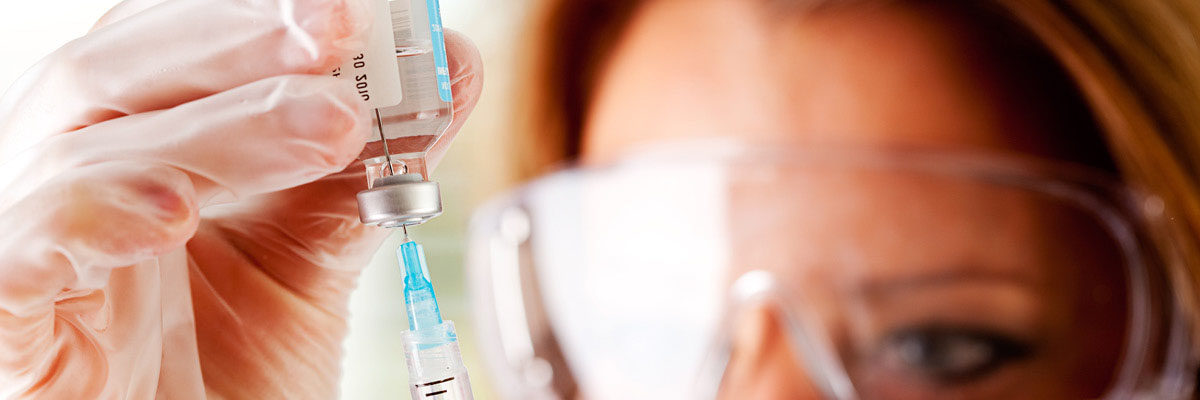

WEDNESDAY, Sept. 27, 2017 (HealthDay News) -- Only half of American adults with work-related asthma get the recommended vaccination against pneumococcal disease, a new study finds.
Adults with asthma are at increased risk for pneumococcal disease, and the U.S. Centers for Disease Control and Prevention recommends that all adults aged 19 to 64 get the pneumococcal vaccine.
However, an analysis of 2012-13 national data found that only 54 percent of adults with work-related asthma got the shot.
The rate was lowest among Hispanics (36 percent), people without health insurance (39 percent), and adults aged 18 to 44 (42 percent).
The vaccination rate was even lower (35 percent) among adults with non-work-related asthma, according to the study by researchers at the CDC's National Institute for Occupational Safety and Health (NIOSH).
"Vaccination is the best way to prevent pneumococcal disease, including pneumonia, and CDC recommends that all adults with asthma, whether work-related or not, get the pneumococcal polysaccharide vaccine," NIOSH Director Dr. John Howard said in a CDC news release.
Each year, about 900,000 Americans get pneumococcal pneumonia, and 5 percent to 7 percent die from it, the CDC estimates. Adults with asthma who get pneumococcal pneumonia, a lung disease, are at risk for such complications as asthma exacerbation and invasive pneumococcal disease.
Pneumococcal disease, an infection caused by Streptococcus pneumoniae, can cause many types of illnesses, including ear infections and meningitis.
"To increase the number of adults with asthma who are vaccinated against pneumococcal disease, we recommend that health care providers verify if their patients who have asthma have received a pneumococcal vaccine and offer the vaccine to those not vaccinated," lead author Katelynn Dodd, an epidemiologist at NIOSH, said in the news release.
The findings were published Sept. 27 in the American Journal of Preventive Medicine.
More information
The U.S. Centers for Disease Control and Prevention has more on pneumococcal disease.
SOURCE: U.S. Centers for Disease Control and Prevention, news release, Sept. 27, 2017
Check Your Pantry, Lay's Classic Potato Chips Recalled Due to Milk Allergy Risk
Antibiotics Might Increase Risk of Childhood Asthma, Allergies
Advice In Teen TikTok Beauty Videos Can Lead To Skin Damage